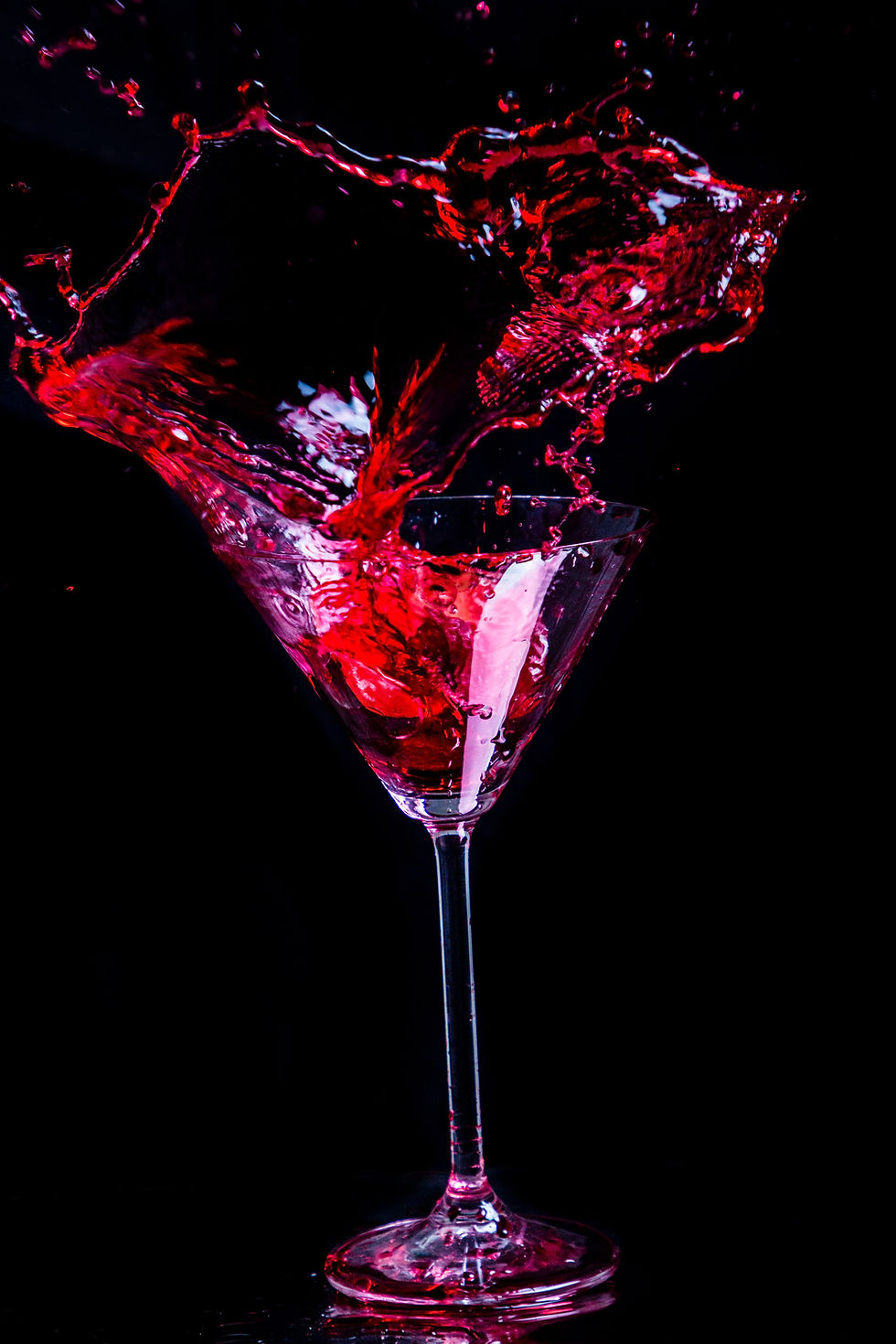A guide to Dry January (and beyond)
Sometimes I feel like sobriety is a secret super power that only a select few understand.
I wish it wasn’t such a sensitive subject.
Just the word ‘sobriety’ conjures ideas that may not be accurate.
Sober = alcoholic past
Sober = must have been in a program
Sober = can’t be around alcohol
Sober= not any fun anymore
Sober = high horse riding snob
But here’s the deal. Sobriety is a choice. It is a choice to not consume a certain drug or alcohol. That’s it.
There’s no way to know (without asking) why individuals make this choice.
For me, my family drank heavily and it resulted in dysfunction and death.
So in my forties, I chose to abstain from alcohol to preserve my mental and physical health.
I have zero issues being around alcohol. I don’t crave it. And whether or not I was ever fun is debatable😉
Will I ever drink alcohol in the future? Maybe. I’m not sure.
For now, I'd to share why I think sobriety is a super power.
Sobriety Super Powers:
I learned that I don’t have any less fun in social settings if I don’t drink. The ‘fun’ caused by alcohol was a fallacy. It worked then because I was anticipating fun. I had conditioned my brain to associate fun with drinking. So of course it worked. When I removed alcohol, I retrained my brain and now I can honestly say there is no measurable difference in my fun level.
I am never hungover. This speaks for itself.
I can be active/productive at any time of day. How often do you choose between working out or happy hour?
My mental health is more manageable. I struggle with depression and anxiety. Alcohol was fuel on fire.
I sleep well. Deep restful sleep.
Sober intimacy is amazing.
My head is clear. My brain is on fire. I am a powerful leader and coach.
As we head into new year’s resolution season, some of you will kick off 2023 with a dry January.
Here’s some advice based on my experience.
The intense cravings for alcohol lasted for about 3 weeks after I quit. 4-6 weeks was a grey area. I didn’t crave it but I had not experienced enough positive benefits to feel strongly committed.
Willpower alone is not a sustainable motivator. You will need to find new activities to fill the void.
At about 6-8 weeks, I completely stopped thinking about alcohol when alone or at home. But if I was at an event it was still hard to say no. I had FOMO.
At 8-10 weeks I started have fun without alcohol. This was life changing.
At 10-12 weeks, I had abstained for so long I was actually scared to drink anything for fear that I would end up shit faced drunk by accident and feel awful. This was oddly helpful.
Then at 12 weeks the magic happened. I truly preferred the way I felt without alcohol. The superpowers were emerging. And I didn’t want to trade the clarity and positive feelings for anything. Sober was better in every way.
My point in sharing this timeline is that dry January sucks. The 1st 4 weeks are the hardest part. If you want to experience the real benefits of sobriety, I think it takes at least 3 months to get there.
So, if a season of sobriety is interesting to you, see if you can extend dry January by 1 week at a time. Stay very present with your mind and body. Keep a journal daily and include your slip ups.
Sometimes a simple question – was it worth it?- can light the path to sustained sobriety.
And ‘was is worth it?’ can really only be answered when you have been dry for several weeks. You need to see the real difference in your experience.
If you are an executive leader that would like to explore the next leader of leadership through the lens of sobriety, I would love to support you as your coach.
Visit www.bauerhousecoaching.com to schedule a consultation call or to register for 6 months of Executive Leadership Coaching.
BauerHouse Coaching
Coaching for Leadership, Life & Everything in Between

Comments